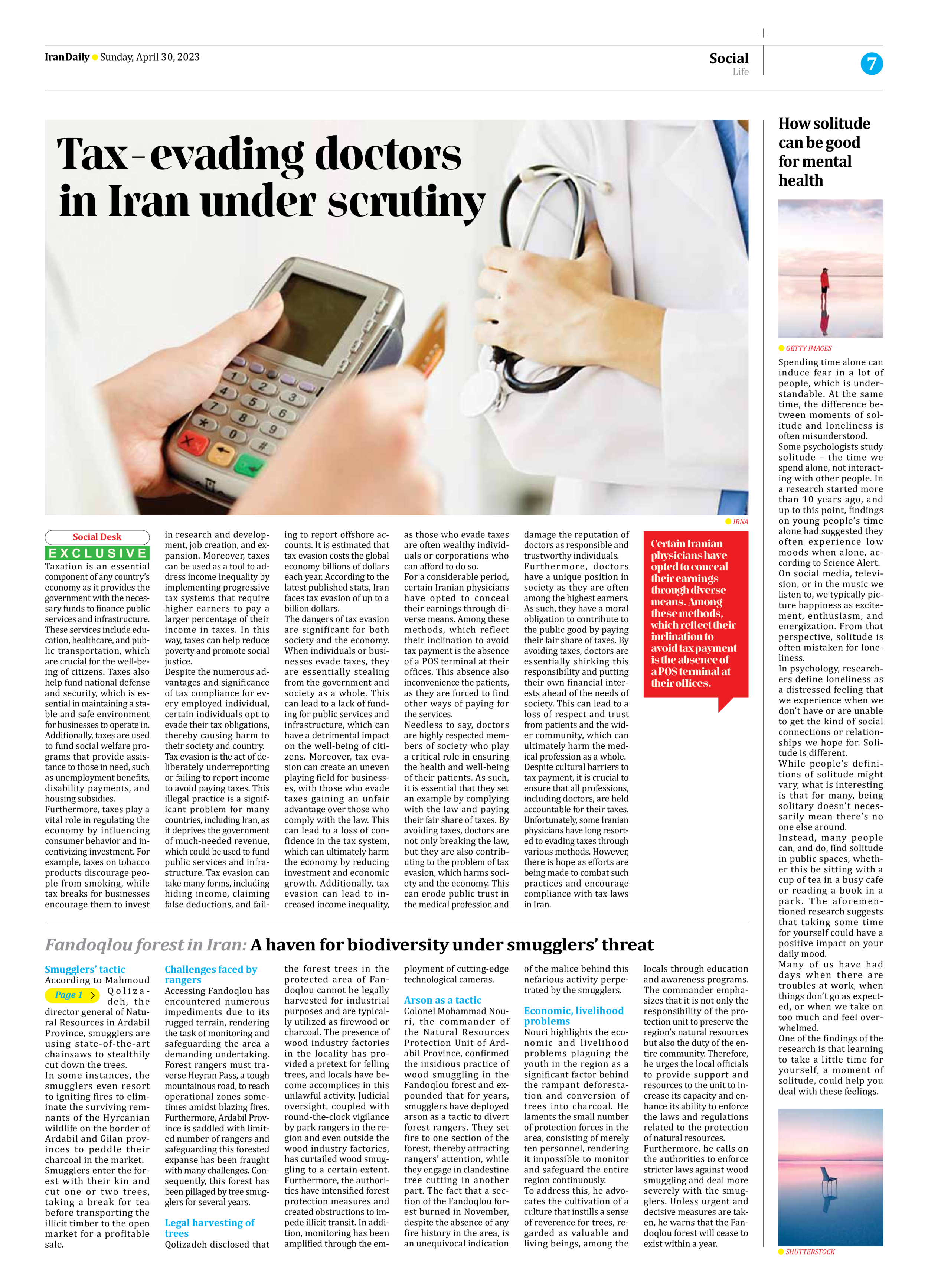
How solitude can be good for mental health
Spending time alone can induce fear in a lot of people, which is understandable. At the same time, the difference between moments of solitude and loneliness is often misunderstood.
Some psychologists study solitude – the time we spend alone, not interacting with other people. In a research started more than 10 years ago, and up to this point, findings on young people’s time alone had suggested they often experience low moods when alone, according to Science Alert.
On social media, television, or in the music we listen to, we typically picture happiness as excitement, enthusiasm, and energization. From that perspective, solitude is often mistaken for loneliness.
In psychology, researchers define loneliness as a distressed feeling that we experience when we don’t have or are unable to get the kind of social connections or relationships we hope for. Solitude is different.
While people’s definitions of solitude might vary, what is interesting is that for many, being solitary doesn’t necessarily mean there’s no one else around.
Instead, many people can, and do, find solitude in public spaces, whether this be sitting with a cup of tea in a busy cafe or reading a book in a park. The aforementioned research suggests that taking some time for yourself could have a positive impact on your daily mood.
Many of us have had days when there are troubles at work, when things don’t go as expected, or when we take on too much and feel overwhelmed.
One of the findings of the research is that learning to take a little time for yourself, a moment of solitude, could help you deal with these feelings.







